13 March 2025
When it comes to free agency in sports, we often hear the names of star athletes splashed across headlines, making waves with game-changing signings. But behind every major contract negotiation, there's usually an agent—working tirelessly behind the scenes to secure the best possible deal for their client.
Agents are more than just middlemen. They’re power brokers, negotiators, and in many ways, the architects of the modern sports landscape. Their influence on free agency moves is far from minor, and their roles have evolved to become indispensable in shaping the careers of athletes.
So, what exactly do agents do in free agency? How much power do they hold? And why are they so important in today’s world of sports? Let’s dive into the nitty-gritty of how these behind-the-scenes movers and shakers are driving one of the most exciting periods in the sports calendar.
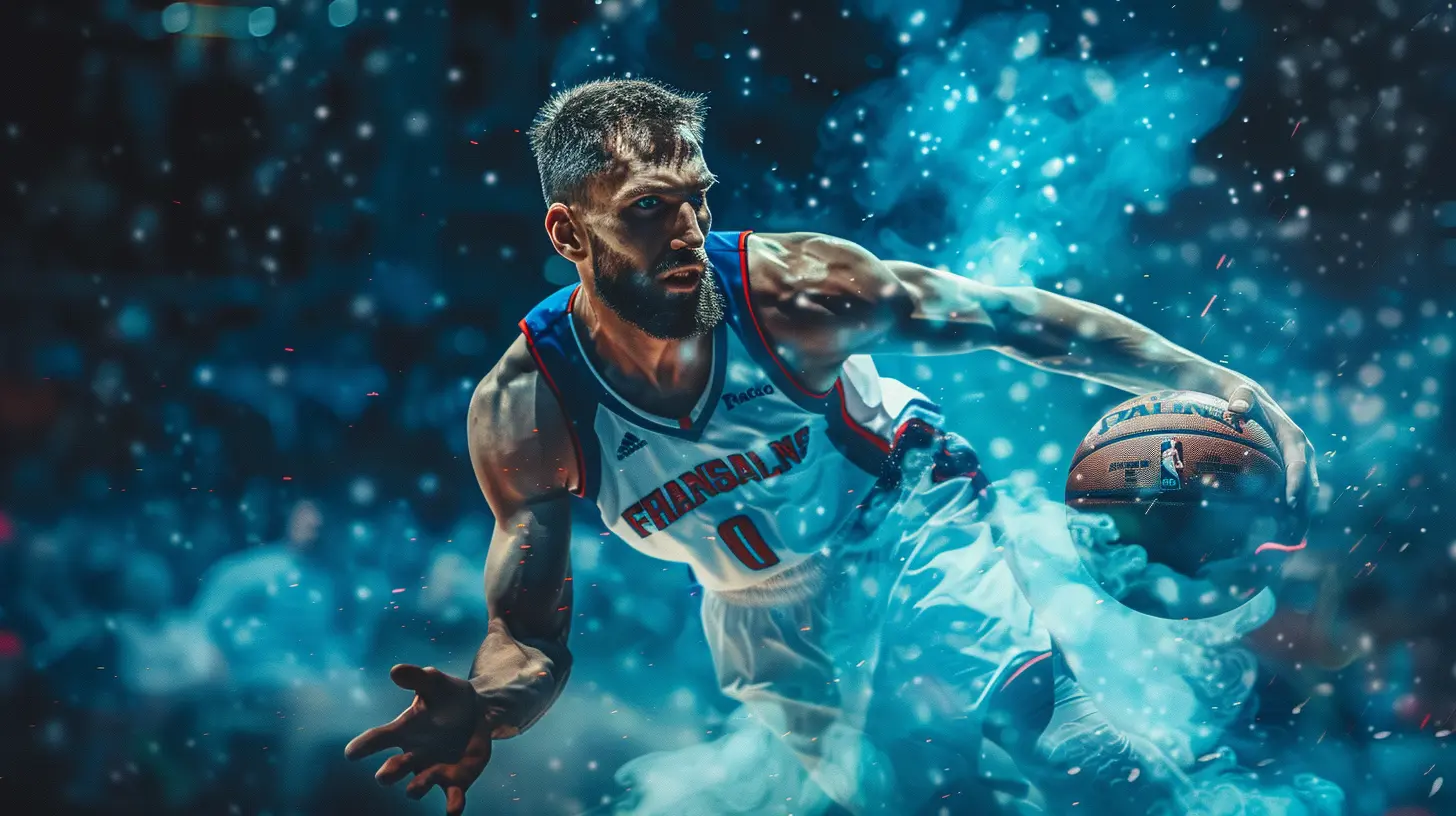
Understanding Free Agency
Before we get into the role of agents, let’s quickly break down what free agency is. Simply put, free agency is when an athlete’s contract with their current team expires, allowing them to negotiate and sign with any other team. Unlike a trade, where a player is sent to another team by their employer, free agency puts the power firmly in the hands of the athlete.This is where agents come into the picture.
Free agency is like a high-stakes game of chess. It’s not just about money—although that’s a huge factor—it’s also about finding the right fit for a player’s career trajectory, lifestyle, and long-term goals. For teams, it’s about securing the talent they need to make a championship run, all while managing complex salary cap rules and long-term financial commitments.
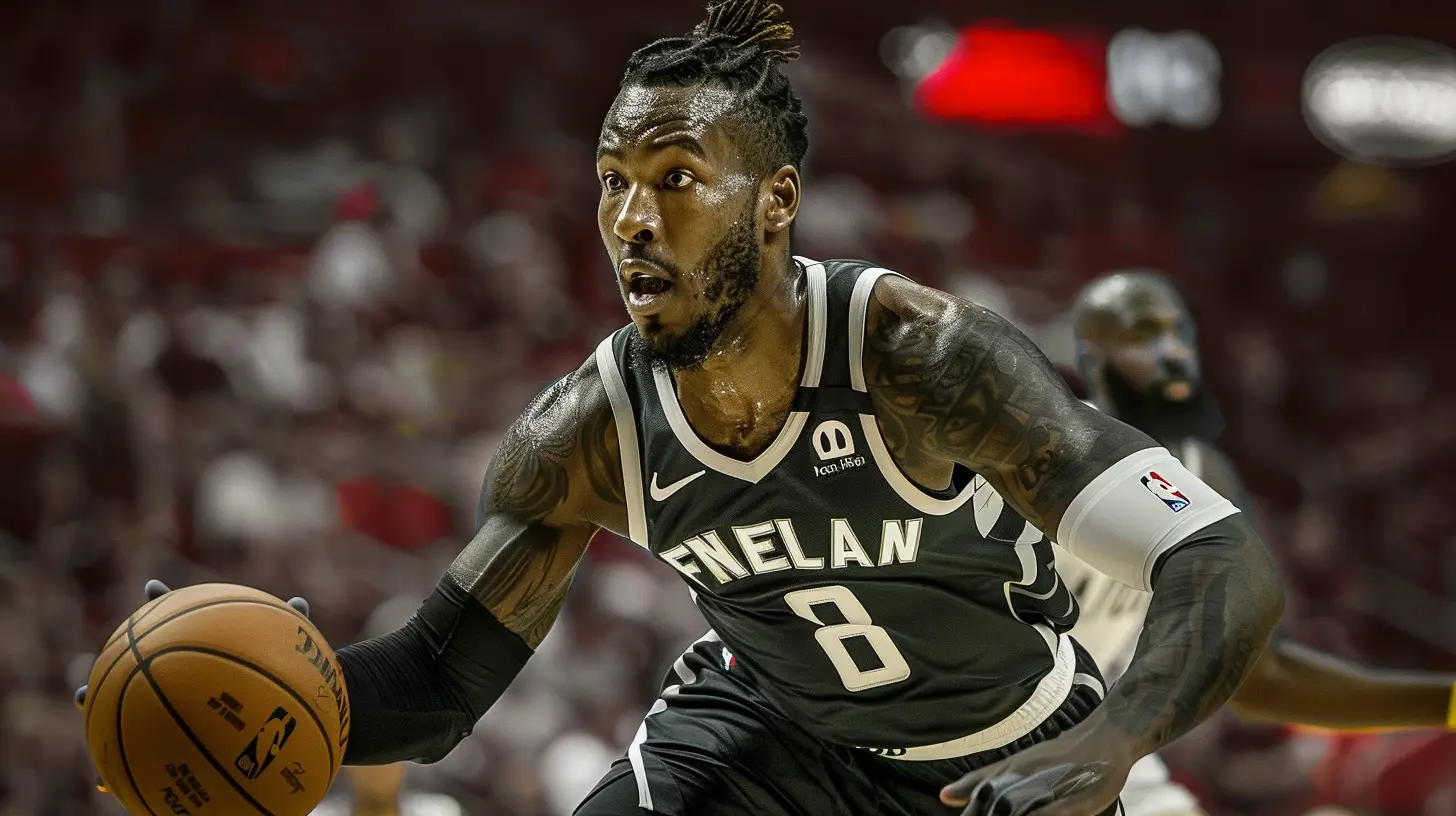
The Agent’s Role in Free Agency
So, what does an agent actually do when free agency rolls around? Well, it’s not as simple as just showing up at the negotiating table with a pen in hand. The role of an agent during this period is multifaceted and highly strategic. Here are some of the key responsibilities:1. Negotiating Contracts
At the heart of an agent’s role is negotiation. This is where their skills shine the brightest. They are responsible for securing the best possible deal for their client, whether that’s in the form of a high salary, performance bonuses, or guaranteed money.And let’s be honest, negotiating isn’t easy. It requires a deep understanding of the market, a firm grasp of a player’s value, and the ability to push for the best terms without alienating potential suitors.
Agents often have to juggle offers from multiple teams, weighing not just the money but also the longevity of the deal, the team's competitive outlook, and even off-field opportunities, such as endorsements or business connections.
2. Market Research
Before negotiations even begin, agents spend countless hours analyzing the current market. They look at comparable players, recent contracts, team needs, and salary cap dynamics.Think of it like doing your homework before a big test. Agents need to know exactly what their client is worth and what teams are likely to be interested. They also have to anticipate how other free agents will affect the market. If a big-name star signs early, it could set the bar for other deals. On the flip side, if too many players flood the market, it might drive prices down.
3. Advising the Player
One of the most critical roles an agent plays is that of an advisor. Free agency is a pivotal moment in an athlete’s career, and it’s often filled with uncertainty. Agents help players navigate this uncertainty by providing guidance on which offer to accept, or even whether to test the market at all.For some players, staying with their current team might be the best option, and agents can help facilitate an extension. For others, a fresh start with a new team could be the best way to maximize their career potential.
It’s not always about taking the highest bid, either. Agents advise on everything from team culture and market size to coaching philosophies and even tax implications of playing in different states or countries.
4. Handling the Media
The media is always on high alert during free agency, and rumors can spread like wildfire. An agent’s job is to control the narrative around their client. They might leak information to reporters to generate buzz, or they might keep things quiet to prevent distractions.Agents also handle press inquiries and help their clients manage public perception. After all, how a player is perceived by fans, teams, and sponsors can have a significant impact on their marketability.
5. Building Relationships with Teams
The best agents are master networkers. They’ve spent years building relationships with general managers, coaches, and front-office personnel across the league. These relationships are critical when it comes to free agency.A general manager is more likely to pick up the phone and engage in serious negotiations with an agent they trust. Good agents know how to leverage these relationships to get their client the best deal.
6. Long-Term Career Strategy
A good agent doesn’t just think about the next contract—they think about the entire trajectory of their client’s career. This means advising on moves that could lead to bigger opportunities down the road.For example, a veteran athlete might take a smaller deal to join a championship contender, boosting their legacy and opening up opportunities in broadcasting or coaching after they retire. Alternatively, a young player might look for a short-term deal to keep their options open for a bigger payday in a couple of years.
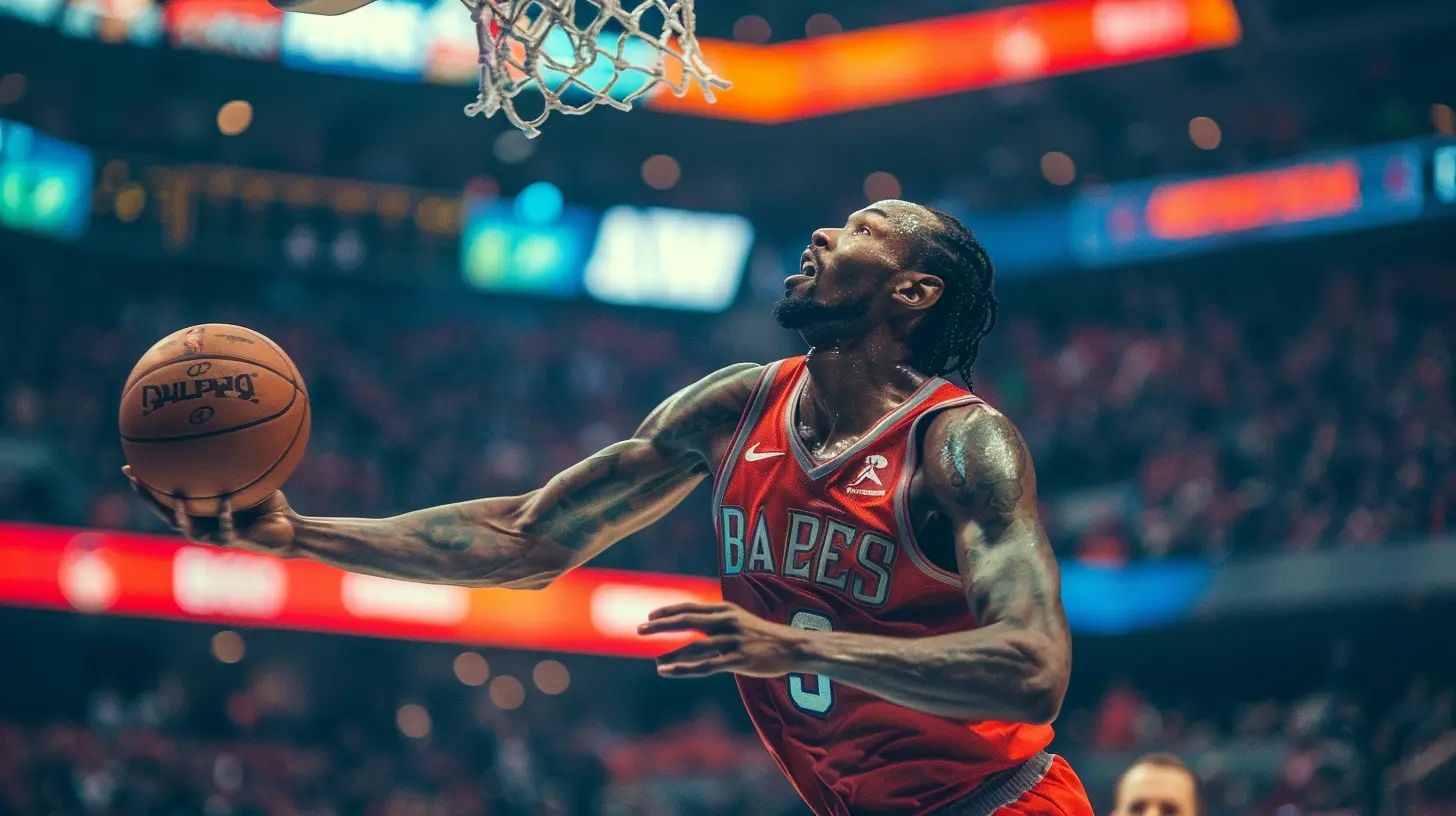
The Power Dynamic Between Agents, Players, and Teams
It’s easy to think of agents as simply working for the player, but the reality is a bit more complex. Agents have to balance the interests of both the player and the team to make a deal happen.This creates an interesting power dynamic. On the one hand, agents are advocates for their clients, fighting tooth and nail to get them the best possible deal. On the other hand, they need to maintain good relationships with teams to ensure future deals go smoothly.
While teams have the power to offer contracts, it’s the agents who often set the pace of negotiations. They know when to push for more and when to hold back. An experienced agent can create a bidding war between teams, driving up their client’s value, or they can help a player take less money to join a team with a better chance at winning a championship.
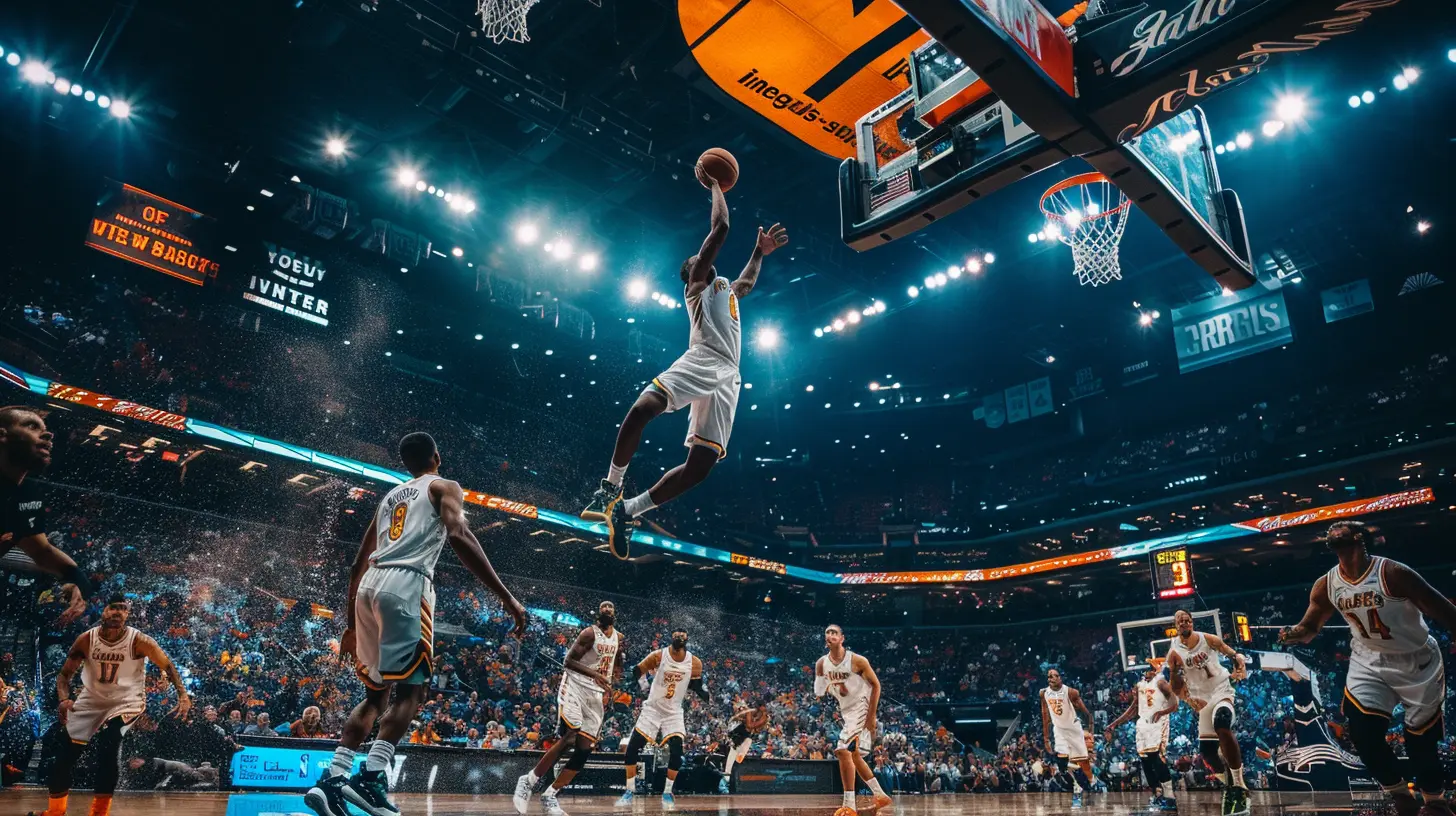
Famous Agents Who Changed the Game
Some agents have become so influential that they’ve almost become celebrities in their own right. Here are a few notable examples:1. Scott Boras (MLB)
In Major League Baseball, Scott Boras is known as one of the most powerful agents in the game. He’s notorious for securing massive contracts for his clients, often setting new benchmarks for player salaries. Boras is a master of using leverage and market dynamics to get his players the best deals.2. Rich Paul (NBA)
Rich Paul, founder of Klutch Sports Group, has become one of the most influential agents in the NBA. Representing stars like LeBron James and Anthony Davis, Paul has been at the center of some of the biggest moves in recent NBA history. His approach is all about empowering players and giving them control over their careers.3. Drew Rosenhaus (NFL)
In the NFL, Drew Rosenhaus is a household name. Known for his aggressive negotiating tactics, Rosenhaus has represented some of the biggest names in football. He’s also famous for his ability to navigate the complexities of the NFL’s salary cap and ensure his clients get paid.The Agent’s Role in the Future of Free Agency
As sports continue to evolve, so too will the role of agents. With the rise of analytics, agents are now armed with more data than ever before, allowing them to make even more informed decisions. Additionally, the growing influence of social media means that agents will have to be even more savvy in managing their client’s public image.In the future, agents may take on even more responsibilities, such as helping players build personal brands, invest in business ventures, or transition into post-playing careers. Free agency will always be a high-stakes game, but the agents who can adapt to the changing landscape will continue to be the ones who shape the future of sports.
Conclusion
The role of agents in shaping free agency moves cannot be understated. They are the behind-the-scenes power players, making sure that athletes get the deals they deserve while also guiding them through some of the most important decisions of their careers.From negotiating contracts and advising on career strategy to managing media relations and building relationships with teams, agents are far more than just deal-makers—they are vital to the success of athletes in the modern sports world.
So the next time you see a headline about a huge free-agent signing, just remember: there’s probably an agent behind the scenes, pulling the strings and making it all happen.

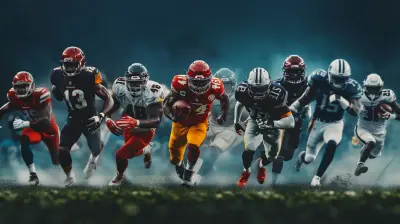



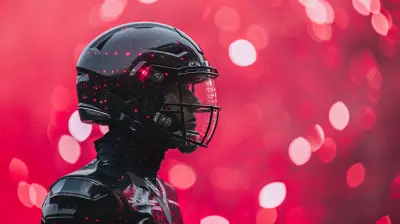

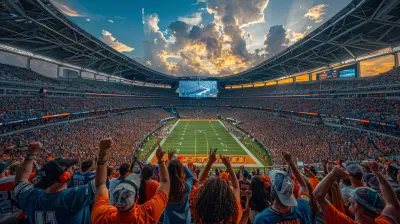



Jocelyn Navarro
Agents are pivotal in free agency, not only negotiating contracts but also influencing players’ decisions and team dynamics. Their insights and strategies can redefine market trends and player value significantly.
March 28, 2025 at 9:22 PM